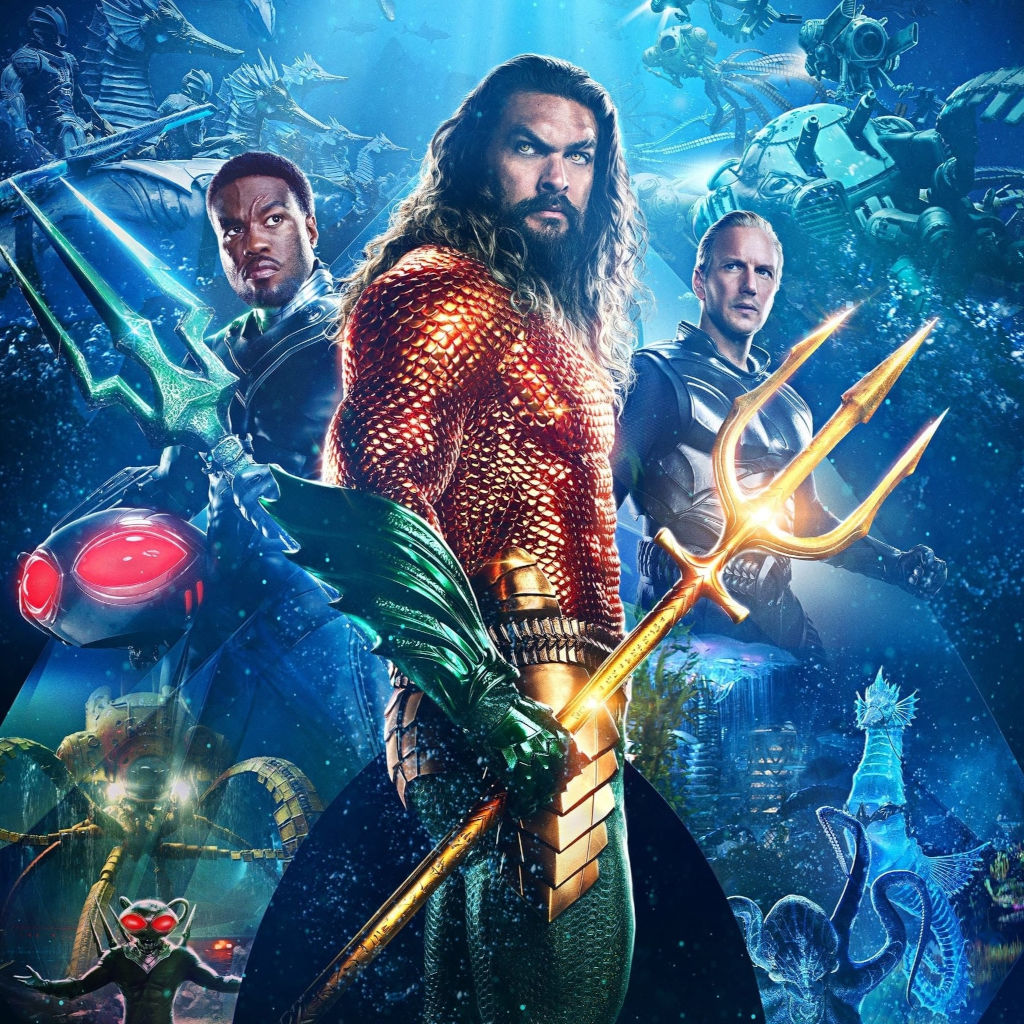Aquaman and the Lost Kingdom is a superhero film that follows the adventures of Arthur Curry, the king of Atlantis, and his half-brother Orm, the former king, as they face a new threat from Black Manta, a vengeful pirate who wants to destroy Aquaman’s family and the world with a cursed trident. The film is the sequel to Aquaman (2018) and supposedly the final installment of the DC Extended Universe (DCEU).
You do the right thing when doing the wrong thing is much easier. And you gladly ask for help, even from your worst enemy.
Orm, to his half-brother Arthur Curry
Redemption, Reconciliation & Responsibility
The film can be seen as a story of redemption, reconciliation, and responsibility, which are themes that resonate with the Gospel and the Church’s social teaching. Aquaman, who was once an outcast and a reluctant hero, has embraced his role as the king of Atlantis and the protector of the oceans. He has also reconciled with his brother Orm, who was once his enemy and a tyrant who wanted to wage war on the surface world. Together, they must stop Black Manta, who is driven by hatred and revenge, and who seeks to use the power of the trident to unleash chaos and destruction.
The trident, which belongs to the lost seventh kingdom of the seas, is a symbol of the corruption and violence that have plagued the history of Atlantis and the world. It also represents the temptation to abuse power and to dominate others, which goes against God’s plan of love and justice for humanity. The film shows the consequences of sin and the need for repentance and forgiveness, as well as the importance of respecting the dignity and freedom of every person and the integrity of creation.
We’re special. We’re connected to the land and the sea. I can’t wait to introduce you to all the majestic creatures on our planet, show you how awesome this world can be.
Aquaman, to his child
Our Role & Responsibility
The film can also inspire Christians to grow in their faith and to be in solidarity with others, especially those who are marginalized and oppressed. Aquaman, who is a hybrid of human and Atlantean, shows that he can bridge the gap between different cultures and peoples, and that he can be a leader who serves the common good. He also shows compassion and mercy to his enemies, even to Black Manta, who killed his father. He does not seek revenge, but rather tries to prevent more violence and suffering. He also respects the diversity and beauty of the underwater kingdoms, and seeks to protect them from harm.
The film invites Christians to reflect on their own role and responsibility in the world, and to follow the example of Jesus, who came to save and not to condemn, who came to serve and not to be served, who came to bring peace and not war. The film also challenges Christians to be aware of the social and environmental issues that affect the world today, such as poverty, injustice, pollution, and climate change, and to take action to promote the dignity of life and the care of our common home. The film reminds Christians that they are called to be a leaven for transforming the world, and to be agents for bringing about God’s kingdom of love and justice.
Reflective Questions for Spiritual Growth
- The film portrays the moral dilemma of Aquaman and his team, who have to stop Black Manta from using a weapon of mass destruction that could end the war but also kill millions of innocent people. How do you deal with situations where you have to choose between two evils or lesser goods? How does your Christian faith help you discern God’s will in such situations?
- How does the film show the importance of reconciliation and forgiveness, as Aquaman and his brother Orm overcome their past conflicts and work together for the common good? How do you practice these virtues in your own life, especially with those who have hurt you or whom you have hurt? How do you experience God’s mercy and grace in the Sacrament of Reconciliation?
- How does the film illustrate the themes of responsibility and stewardship, as Aquaman and his allies protect the underwater kingdoms and the surface world from harm? How do you live out your baptismal call to be a steward of God’s creation and a cooperator of his plan? How do you care for the environment and the poor, who are most affected by the ecological crisis?

